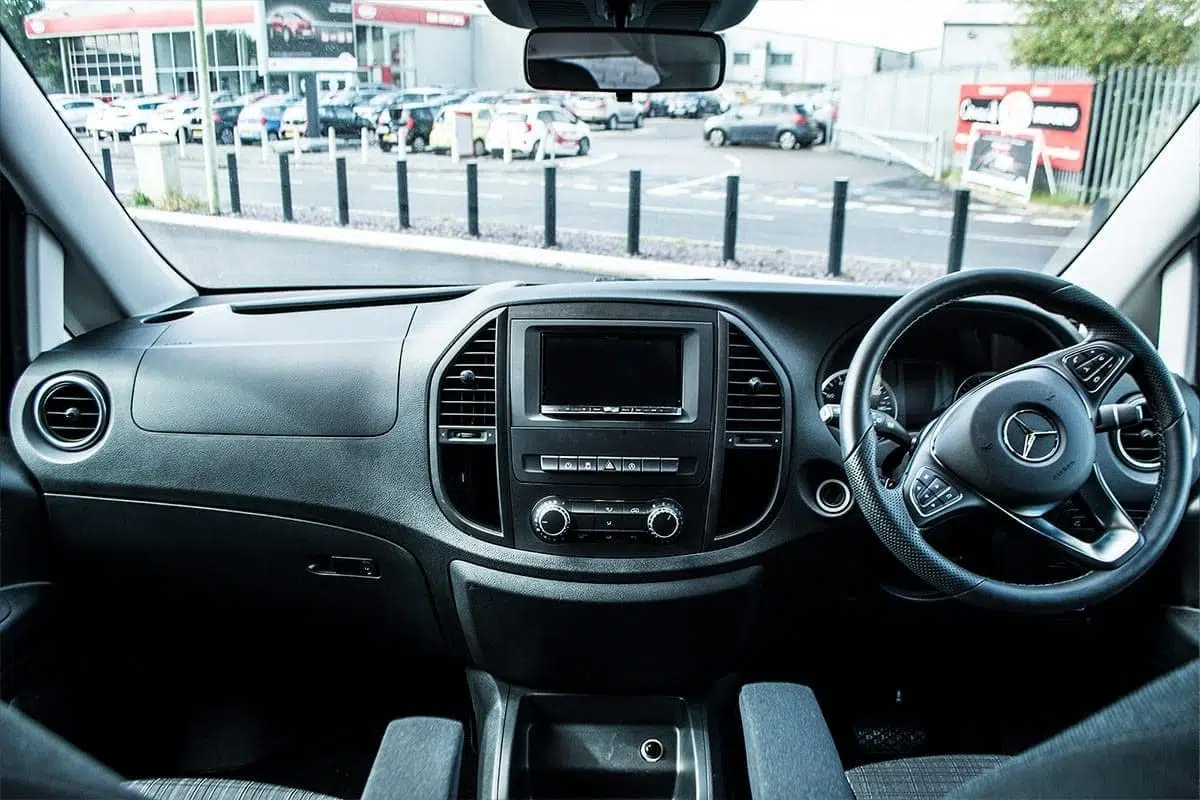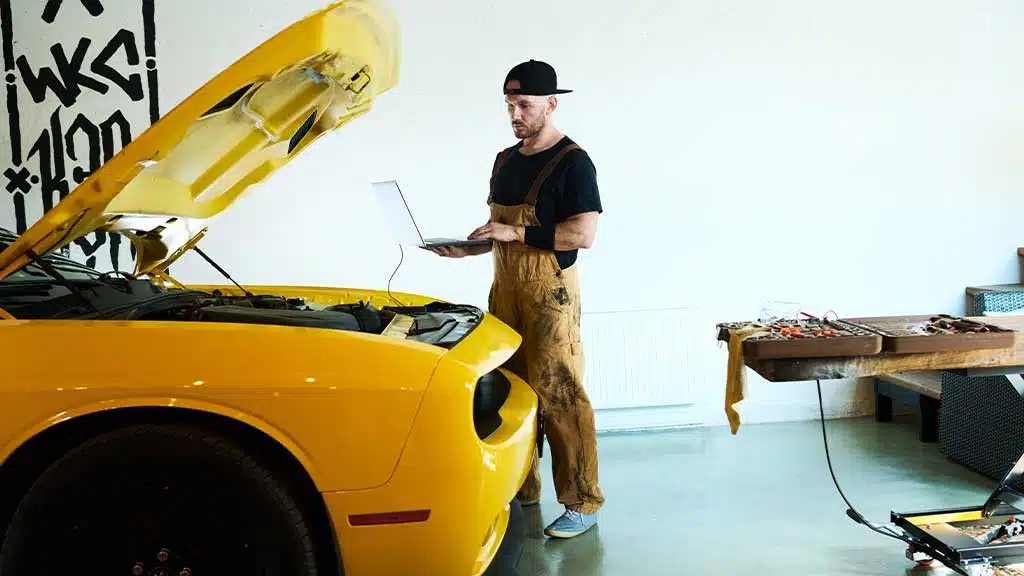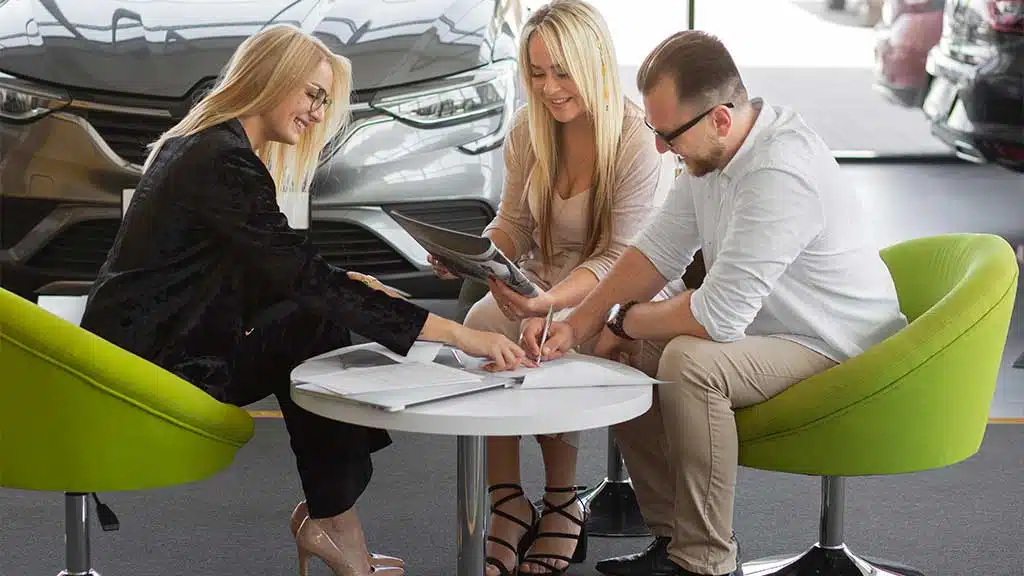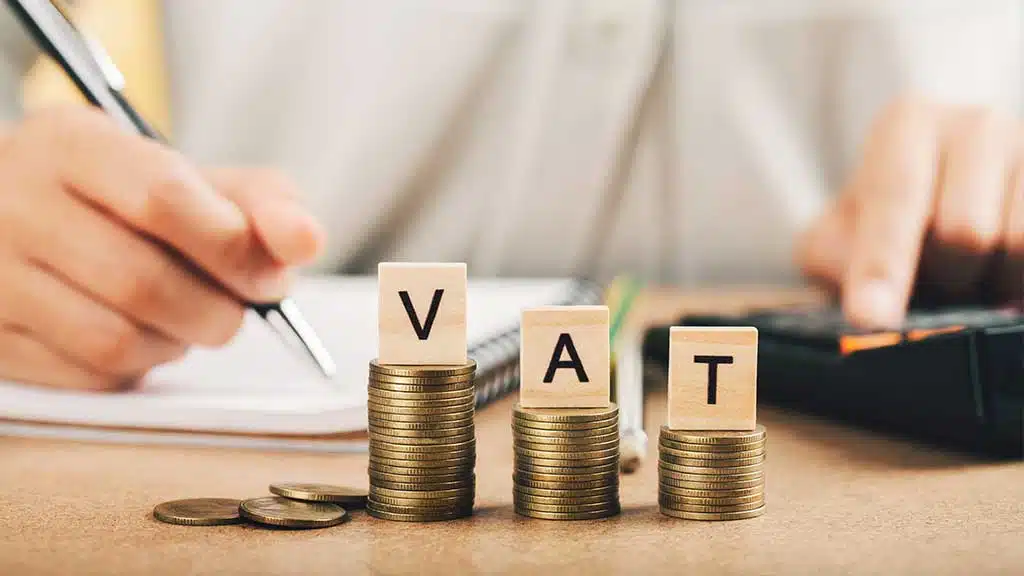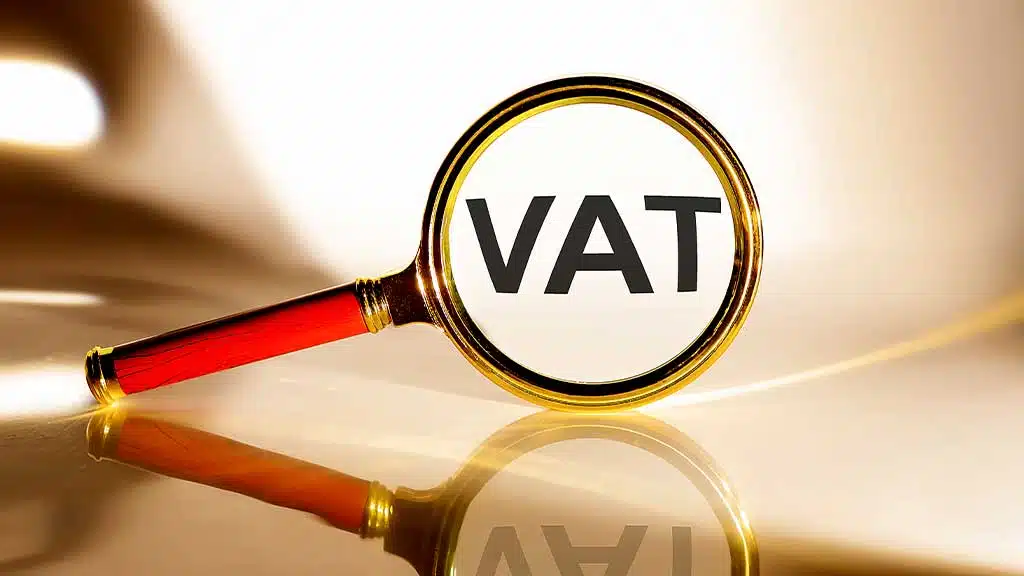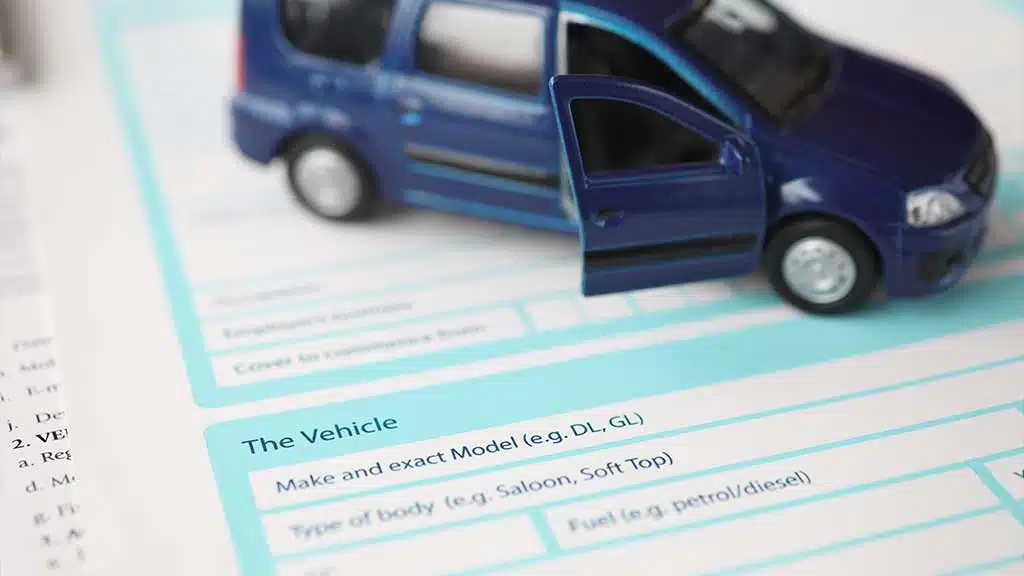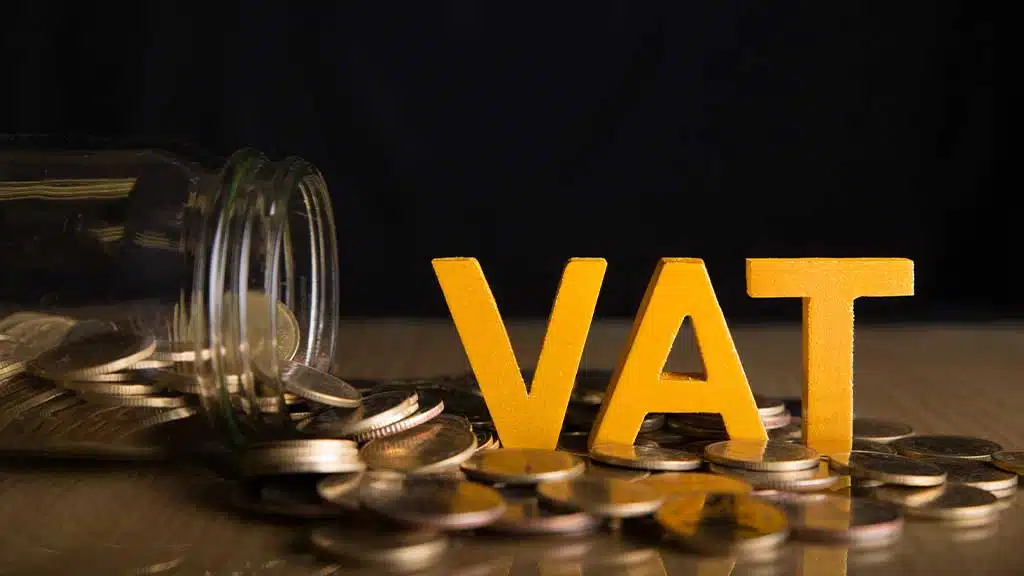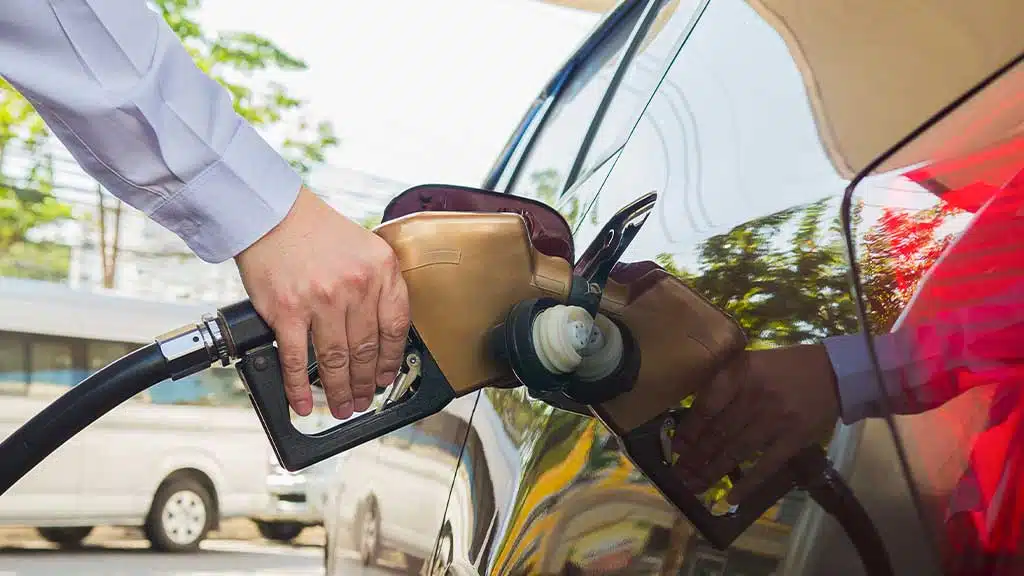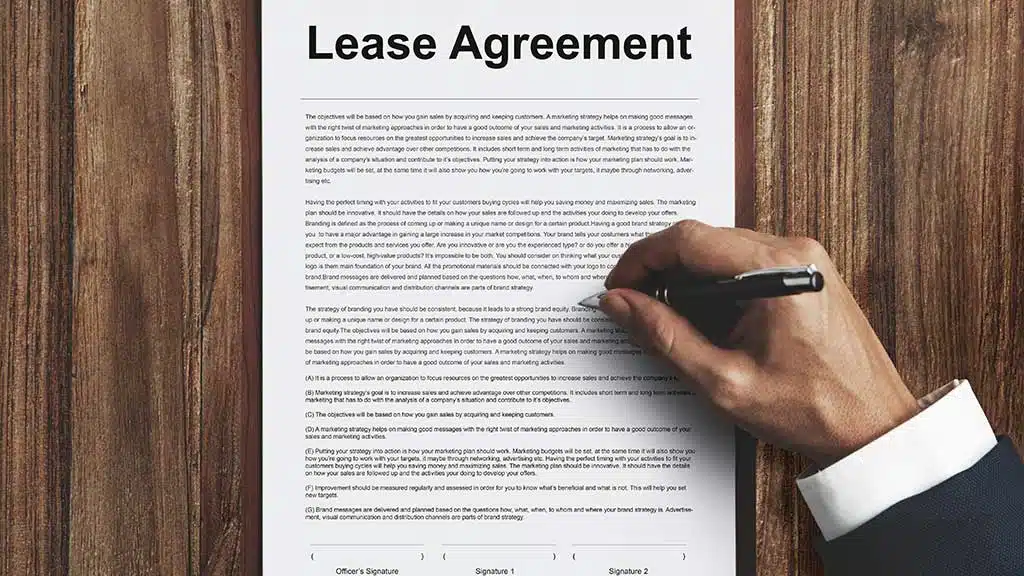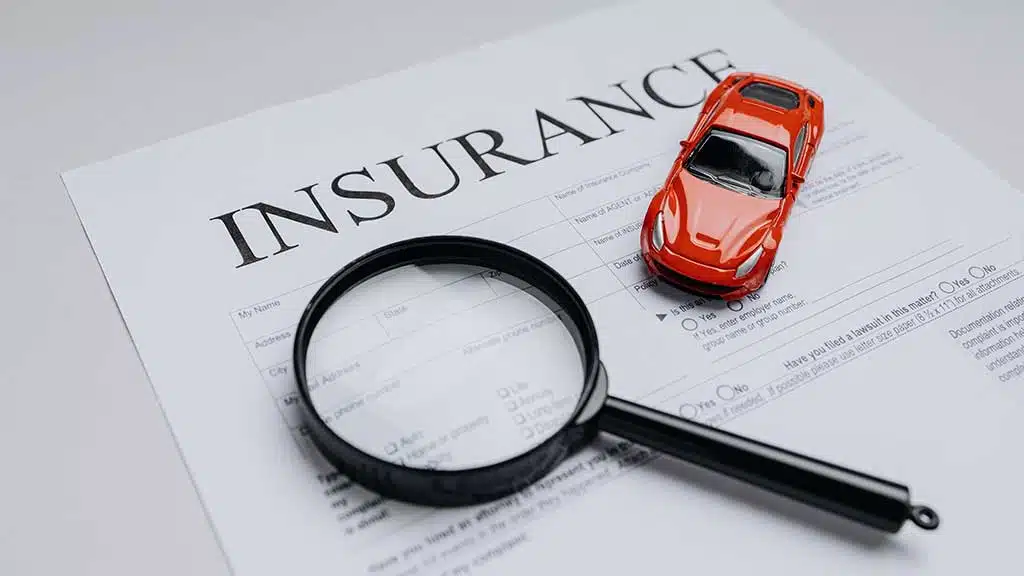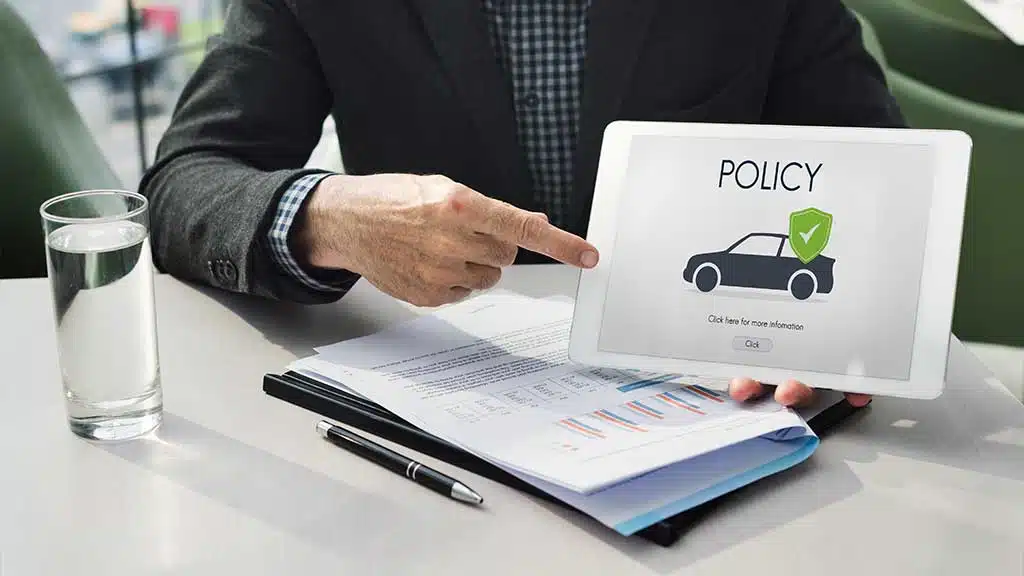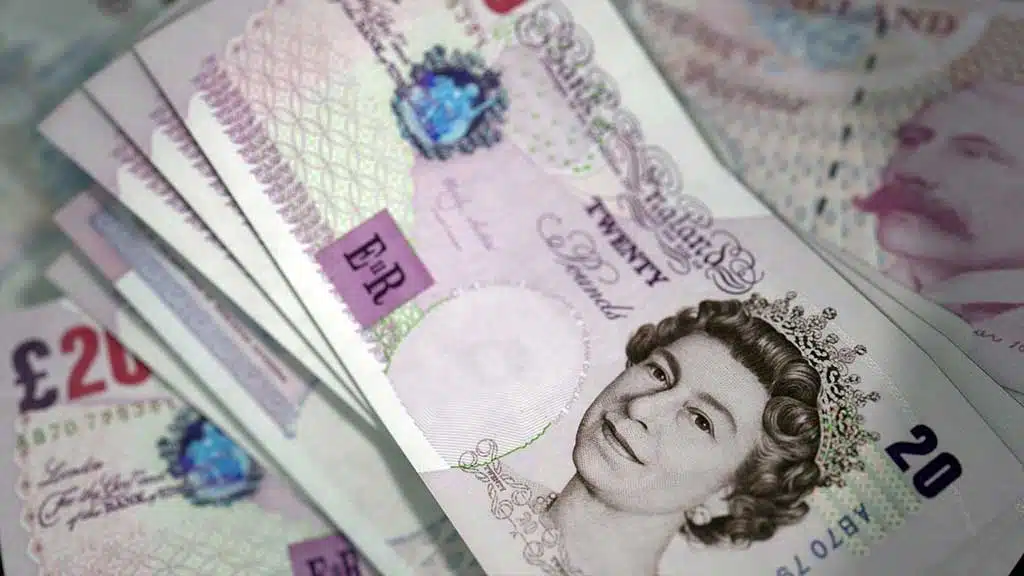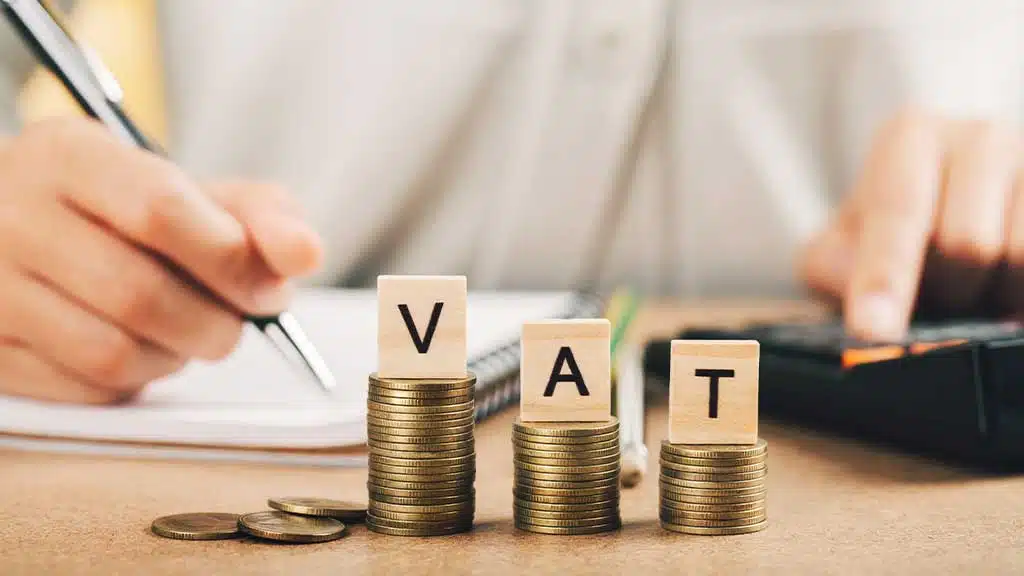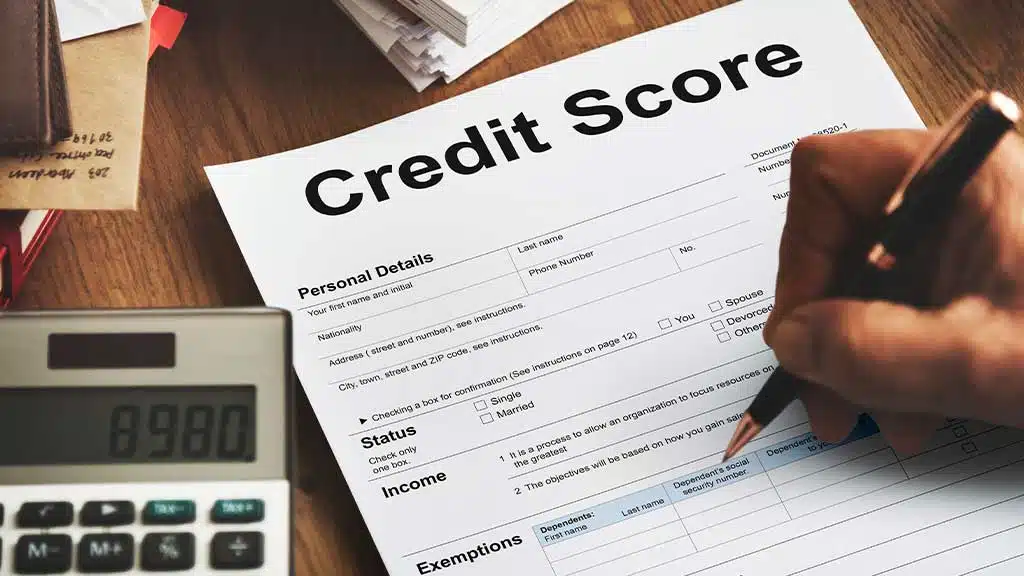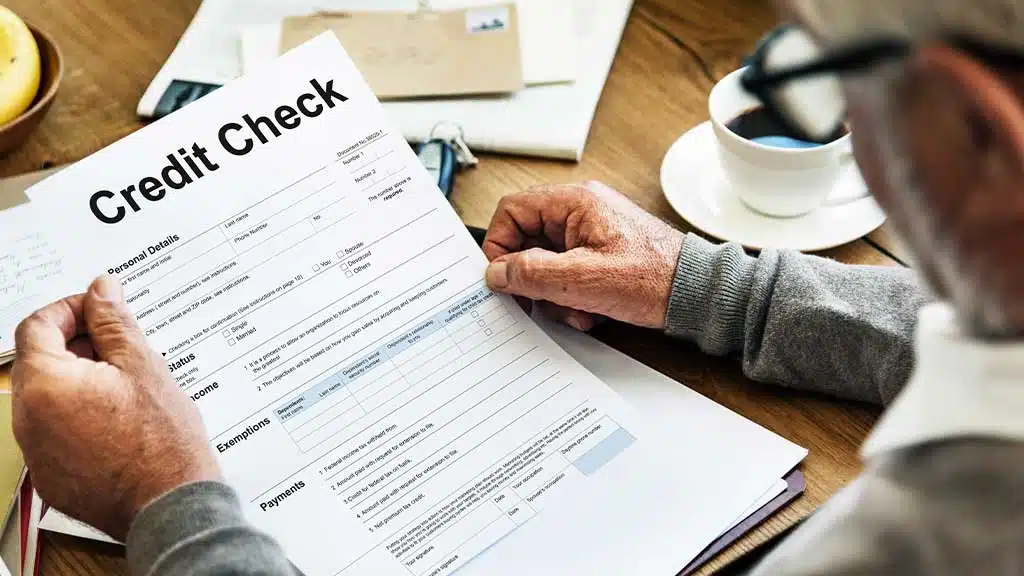A vehicle is unable to tell you if it’s feeling a little worse for wear or if it’s in need of some TLC. This is why it uses the dashboard lights to communicate with you. But, with so many flashing symbols, we don’t always know what they are trying to tell us. Check out this comprehensive guide to understand dashboard lights and what the symbols mean.
These days, technologically advanced vans are fitted with sensors and electronic devices which keep track of the behaviour of your vehicle and how it is driving. When something is wrong, one of the dashboard lights may flash up indicating that something isn’t quite right.
Dashboard Lights and Their Meaning
Some of the most common dashboard lights that you may see and what they mean are listed below. Not all lights are universal so be sure to check your vehicle owner’s manual.
Engine Control Unit (ECU) light
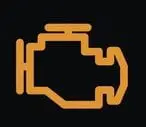
When this light illuminates, it potentially means there is a problem with the engine. It may be absolutely nothing but you should still get your van checked ASAP. If you ignore it and it turns out to be a big problem, then you could cause some serious damage.
This may also accompany one of the other dashboard lights which could give you a better understanding into what the exact problem is.
Brake system light

More often than not, you’ll see this light when you the handbrake is in use or if it hasn’t been disengaged fully. But, if this isn’t the problem, it usually means it’s something more significant, so stop driving your vehicle immediately.
It could mean you don’t have enough brake fluid, a brake pad is worn or could be a major problem within the system. Your brakes are essential for safety so get a diagnosis before getting behind the wheel again.
Engine temperature light

If you see this, stop driving and turn off your van – it means your engine is overheating. You could be left at the side of the road with a steaming hood and irreparable damage to the engine.
The problem could be as simple as the coolant level being too low. Or, it could be something much bigger like a leaking radiator or a blown head gasket.
Oil pressure light

Oil circulates through the engine of your van to ensure it runs smoothly. Without sufficient levels of oil, your engine could endure very expensive damage.
Stop driving and check the oil levels. If these seem fine, then the problem may be bigger so contact a professional.
Airbag fault light

Either you’ve switched the airbag off or there is a fault in the system. It might mean that should you have a bad crash with the airbag deploying. This will leave you less protected and more exposed to severe injury.
On the other hand, it could suddenly go off when you’re least expecting it. It’s worth getting this sorted as soon as you can.
Tyre pressure light

Should your tyres lose significant pressure, this warning light may display. This could indicate that you’ve suffered a puncture and your tyre needs replacing. Or, it could just mean you need to top up the tyre pressure at a petrol station.
Loss of tyre pressure can affect driving, braking and could even cause a blow-out.
Battery charge light
This is arguably one of the most self-explanatory dashboard lights. If this is permanently lit up, this suggests there is a problem with the battery. Who knew?
The battery should be getting charged by the alternator while you are driving your vehicle. It may just mean your battery needs replacing but the worst case scenario is that the alternator or drive belt is broken.
This will need fixing otherwise your van will become powerless.
Traction control light
 Drivers who are throwing their van round corners as if they are Colin McRae may regularly see this light flash when their vehicle loses grip. Tamer drivers may also see it on slippery road conditions.
Drivers who are throwing their van round corners as if they are Colin McRae may regularly see this light flash when their vehicle loses grip. Tamer drivers may also see it on slippery road conditions.
If it’s permanently illuminated, you either have traction control turned off or there is a fault in the system which needs checking.
Diesel Particle Filter (DPF) lights

Both of these dashboard lights are different but both represent the same thing. Whichever one you have been greeted with, depends on what vehicle you’re driving.

With commercial vehicles favouring diesel for its power and torque, these lights are common in vans. The DPF filters away the harmful and dirty gases to reduce emissions.
If this light is shown, it could mean your DPF is blocked and your emitting a cloud of black smoke from the exhaust. Take a look at the DPF to ensure its not blocked or needs replacing.
You can get petrol vans too which are lower to tax and cheaper to fuel but the range is limited.
Glow plug light

Another light which will only be seen on vehicles with diesel engines. This represents the glow plugs. These help to get your engine running by heating up. If this light is on, your engine may not be running as smoothly or may conk out.
Don’t start your engine if the light is lit up. If it is flashing, get your engine checked professionally.
Final Thoughts
These are some of the most common dashboard lights you may encounter while driving your van. But, for a more comprehensive guide, refer to your owner’s manual. Should you be unsure about anything, speak to a professional.

